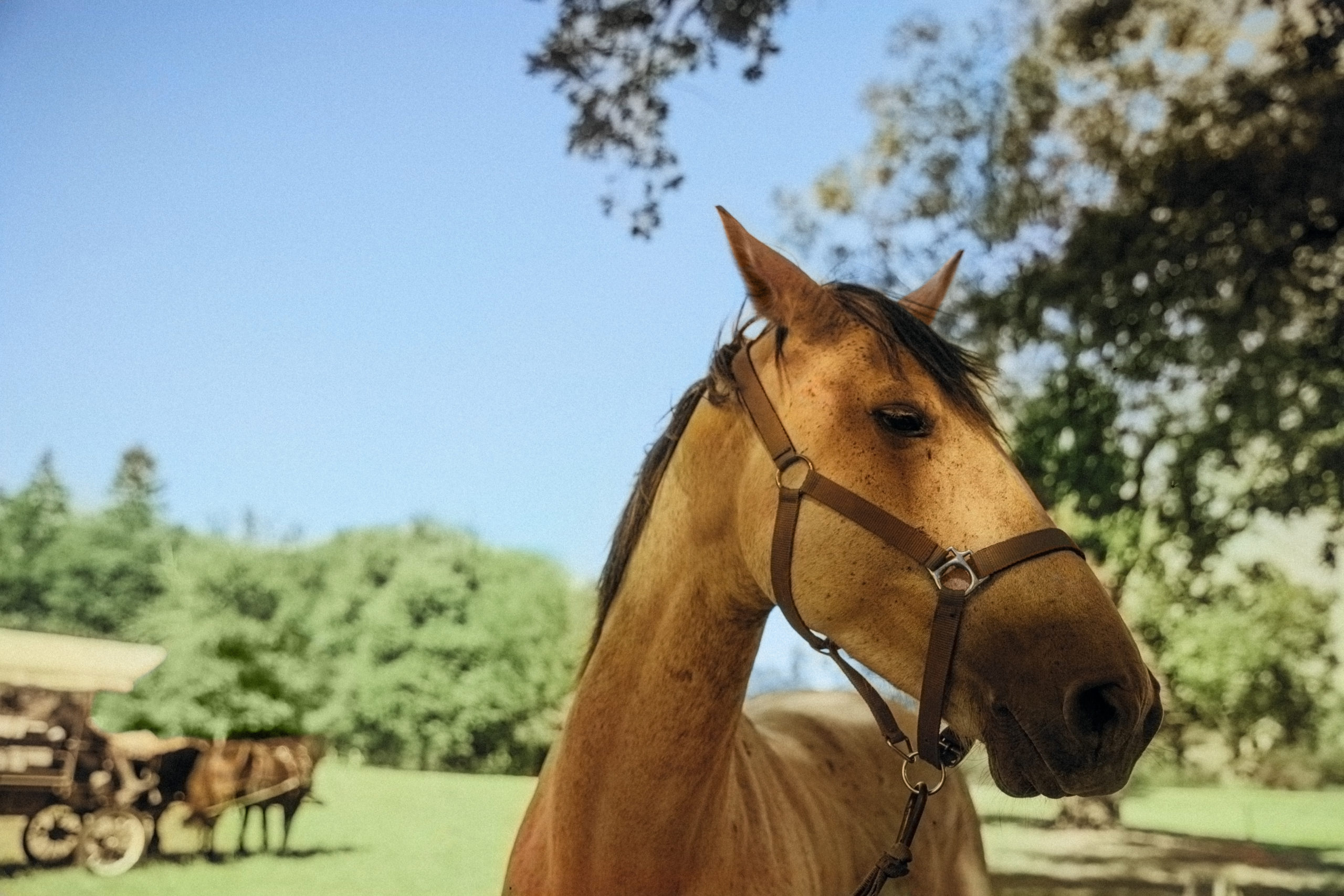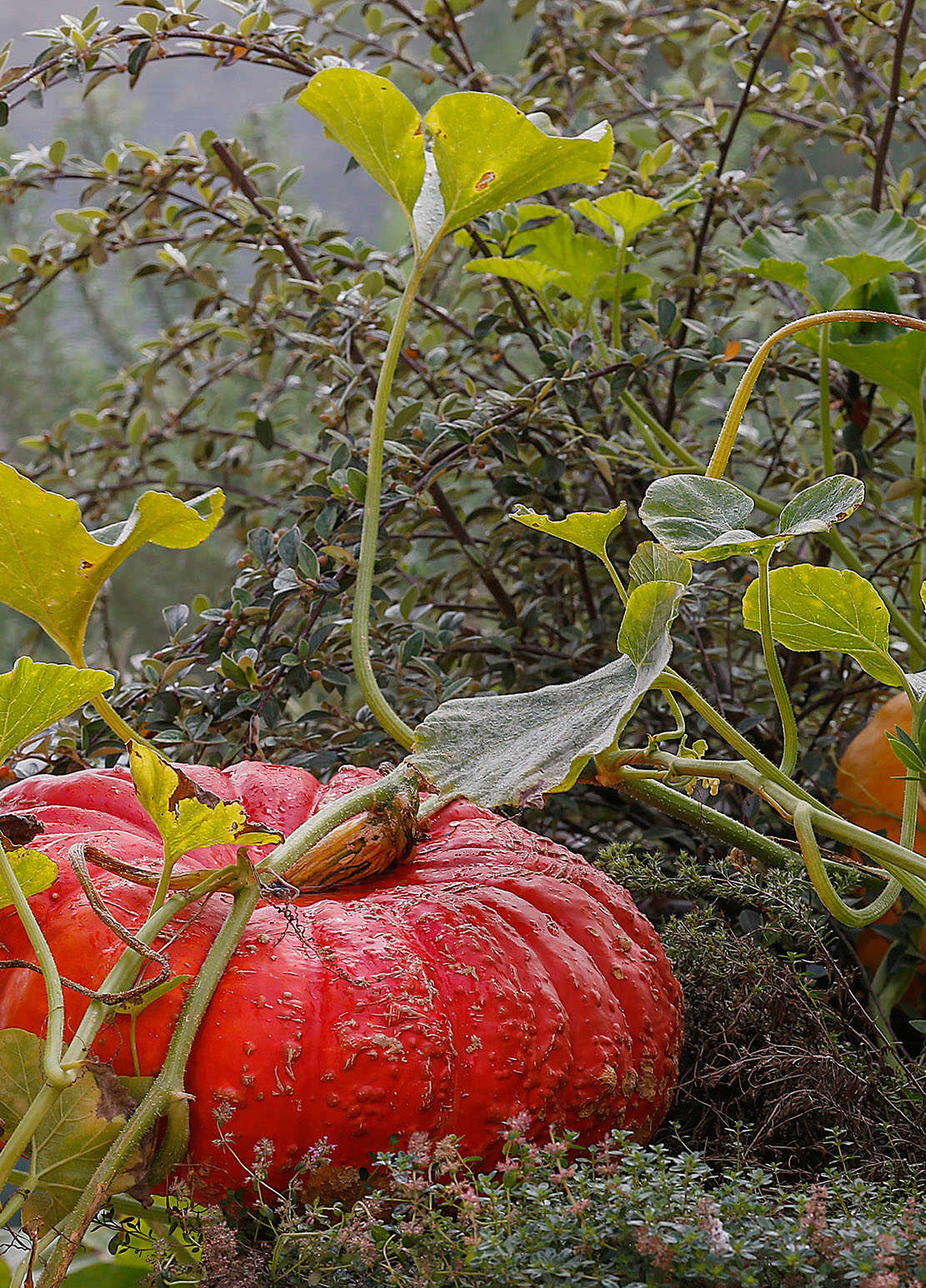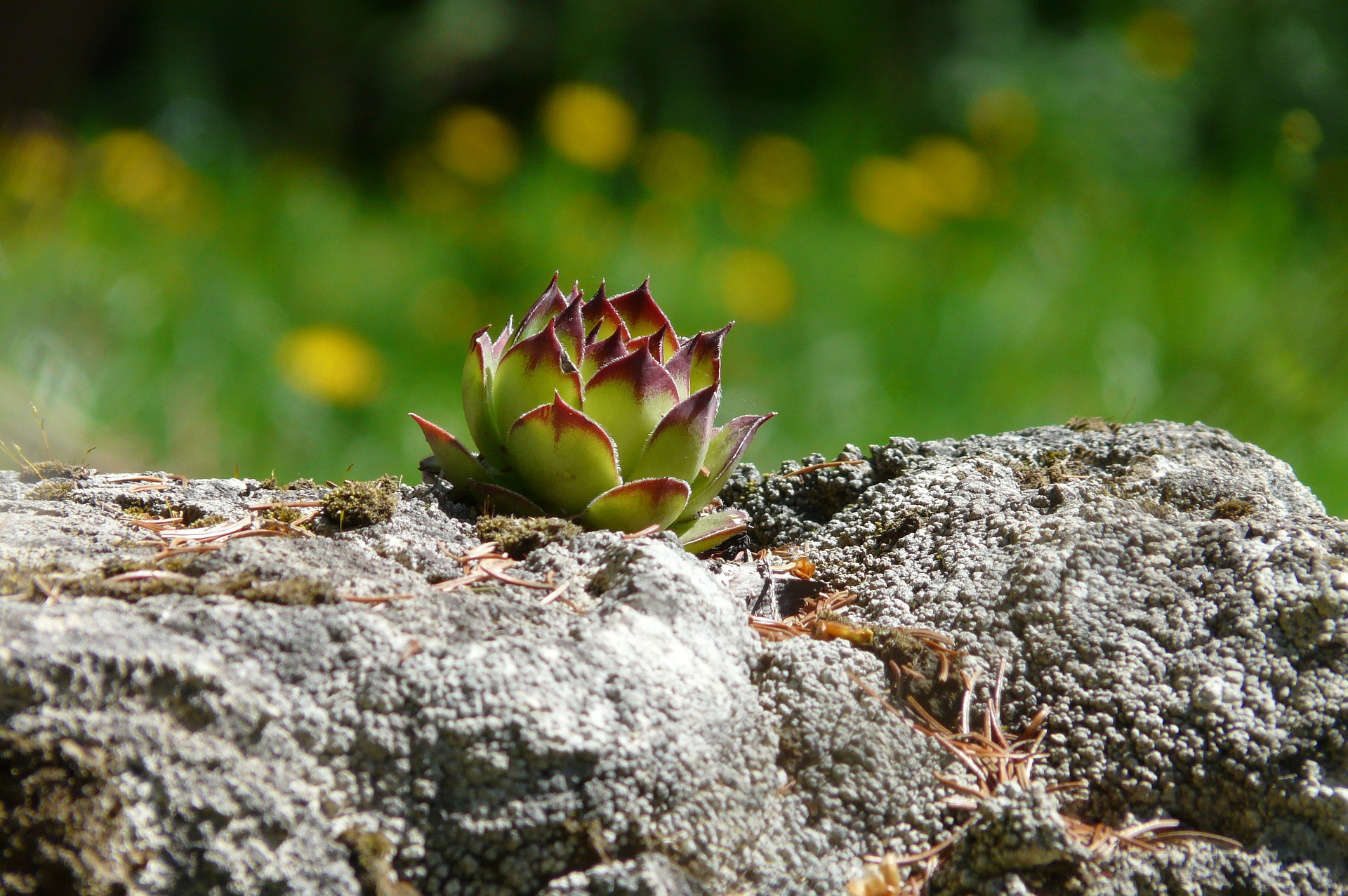THE ORIGINS OF THE CONCEPT
The word culture comes from the Latin word “cultura” which means: to cultivate the land, to honour, to train the mind through education.
This word, whether it refers to farming or human evolution, expresses the idea of improving the natural world through labour. It relates to knowledge that is gained and used.
CULTIVATING THE LAND
Earth first fed us through hunting and harvesting in nature. Later, mankind gradually understood that nature could be tamed, that plants could be selected and sown and animals domesticated.
The land then began to be cleared and tended in order to cultivate cereals, vegetables, fruit trees and to raise herds. Egypt, Mesopotamia, the Indus Valley – the ancient civilizations settled on fertile land, near water and rivers to irrigate and fertilize the fields.
Human activity stems from cultivating the land.
CULTIVATING THE MIND
From agriculture emerged knowledge. A good example lies in writing, which was created to keep track of the harvest. This knowledge then evolved and was passed on.
The earth drove humans to create tools, techniques, social organizations and to gather knowledge that would inspire them to embark on human projects. Culture as a result became an education of the mind.
Guilds were formed for manual and intellectual work, each of them a guardian of knowledge and know-how. Our contemporary society is a legacy of all this knowledge.
AN INVITATION TO A BETTER WORLD
Over time, throughout society, culture has grown and diversified. Science, research and techniques are constantly evolving.
However, everything starts from cultivating the earth, from the relationship with the living and its vital energy, which is a humbling thought.
The word “culture” encourages us to recall this fundamental origin and not to oppose the living nature on the one hand and human activity on the other. Without the strength of the living, its richness and resources, mankind cannot move forward.
Culture invites us to consider sustainability in order to transform our lifestyles and aspire to a better world by adjusting our relationship with nature.



